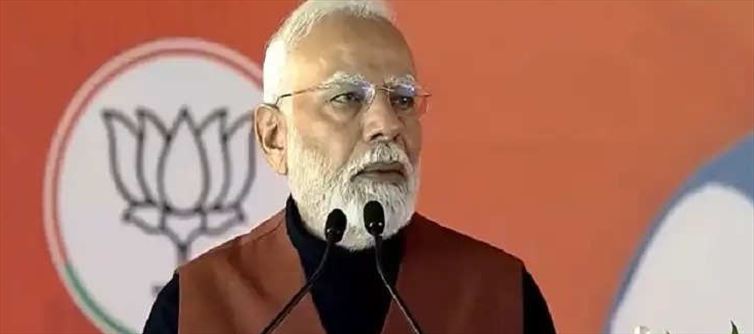
PM narendra Modi's candid revelation about how he learned hindi while selling tea at a railway station has sparked widespread discussion and controversy. During a recent interaction, PM Modi responded to a comment by Nikhil Sawant, a South indian individual who apologized for his hindi proficiency, citing his upbringing in Bangalore. In response, PM Modi shared his own journey, stating:
"I’m not a native hindi speaker either. Back when I sold tea at the railway station, there were always around 30-40 people on the platform. Interacting with them gradually helped me learn Hindi."
This remark, while shedding light on the Prime Minister's humble beginnings and resourcefulness, has ignited debates across various circles. Supporters view it as an inspiring anecdote that highlights his determination and grassroots connection, emphasizing his rise from modest origins to the nation's highest office. Many have hailed it as a reminder of the value of perseverance and learning through real-life experiences.
On the other hand, critics have questioned the authenticity of the narrative, suggesting it might be an oversimplified or romanticized account of his early life. Some political commentators have also linked the statement to PM Modi’s broader outreach strategy, interpreting it as an attempt to connect with diverse linguistic communities across India.
The story continues to resonate on social media, with hashtags like #ModiLearningHindi and #ChaiwalaToPM trending, as people share their interpretations and opinions. The anecdote has reignited discussions about the role of regional languages and Hindi's prominence in India's multilingual landscape.
Whether inspiring or contentious, the Prime Minister's story has undoubtedly added a new layer to the public's understanding of his journey, fueling conversations about language, identity, and leadership in India.




 click and follow Indiaherald WhatsApp channel
click and follow Indiaherald WhatsApp channel